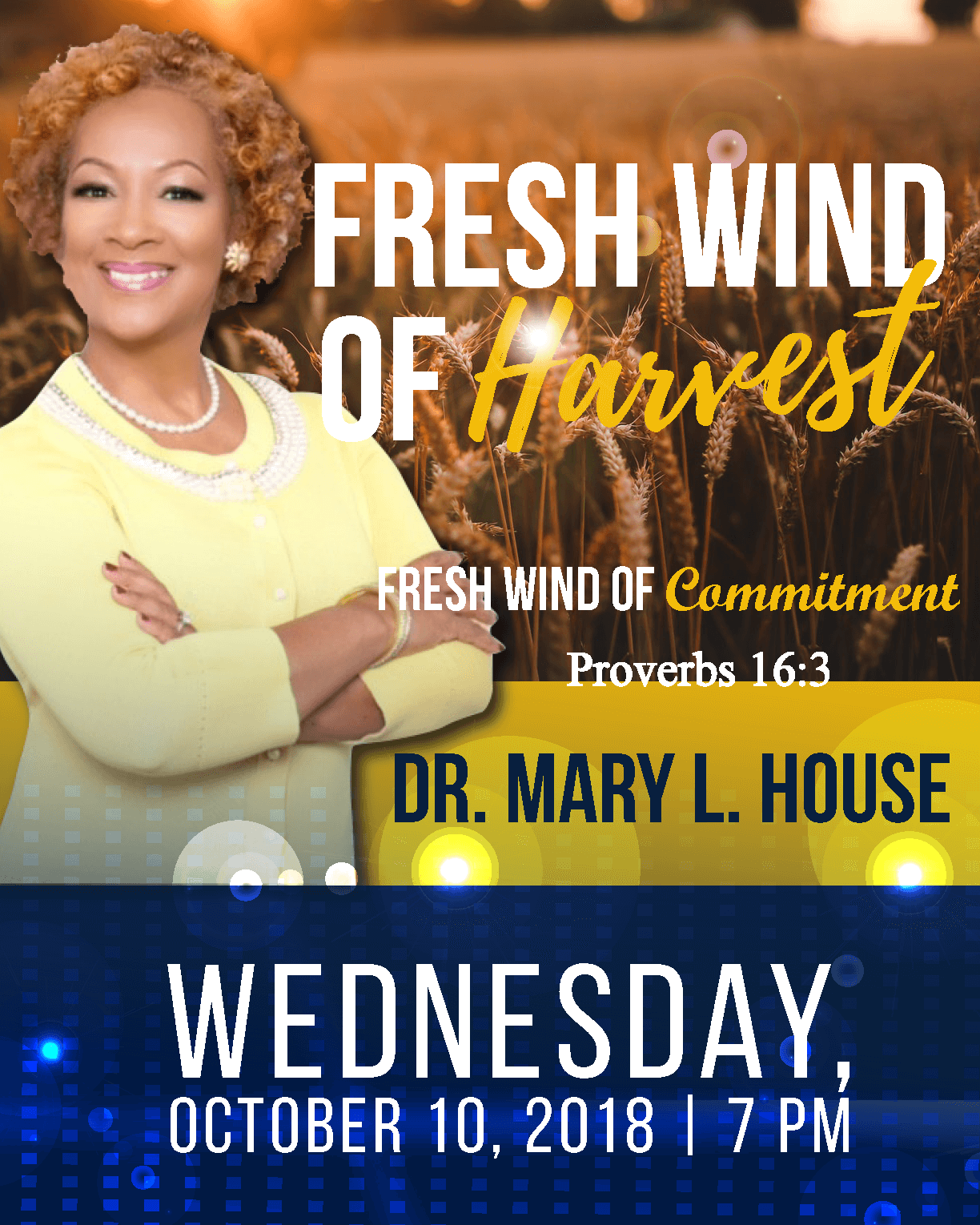Whether you love or hate your job, there is one certainty when it comes to your employment; it will end. That’s right, at some point, sooner or later, everyone will retire. But, did you know, nearly half of Americans are worried about not having enough money when they retire? That’s disheartening. But one of the things you can do to prepare for the inevitable is to take advantage of tax-favored, government sanctioned, saving arrangements such as IRAs.
What exactly is an IRA? Well, its an acronym for Individual Retirement Arrangement (the “a” does not stand for account) and they are tax-favored personal savings arrangements, which allow an investor to set aside money for retirement. When Congress passed the provisions for IRAs into law in 1974, they instantly became popular, and over the years IRAs have become a viable investment strategy that has enormous potential for building wealth to be used in retirement. Now there are different variants such as traditional IRAs, Roth IRAs, SD-IRAs, SIMPLE IRAs, and SEP IRAs, that allow virtually anyone who earns an income to start preparing for retirement.
IRAs act as investment accounts for individuals, but they are held by custodians such as Fidelity, Merrill Lynch, Charles Schwab, Edward Jones, etc. (you get the picture). These custodians are legally obligated to manage an investor’s account although they have no decision-making power. Custodians also help to ensure that all investment actions are in accordance with the law and, they provide the proper paper work to be filled with the IRS (Internal Revenue Service). In other words, custodians work to make sure investors stay out of trouble!
IRAs have a lot of advantages that make them extremely popular. To list a few:
* For starter, IRAs have tax benefits. The investments within an IRA may grow tax-deferred (meaning the taxes are to be paid at a later date) or tax-free depending on the type of IRA. But, in either case, both are advantageous to the investor.
* Secondly, IRAs can be used to hold many different types of investments. Cash, stocks, bonds, mutual funds, and even some types of real estate are also qualified investments according to the IRS which gives investors options (and options are always a good thing) and the potential to reduce the amount of taxes owed in many areas. But other items like life insurance plans, antiques, collectibles, and coins cannot be held in an IRA.
* Thirdly, there is no limit to the value an IRA nor is there any limit to the number of IRAs a single individual can own. A individual can have one IRA that grows to be work worth billions, or several small IRAs.
* Fourthly, there are a number of ways to fund an IRA. An IRA can be funded with cash contributions or other qualifying plans such as 401ks and other IRAs can be “rolled over” into a single IRA for consolidation purposes.
* And lastly, there are no income limits for anyone who wants to contribute to an IRA. Whether you make $20,000/year or $2 billion/year in earned income, this is an investment option for you!
As great as IRAs are, they also have some limitations. Some being:
* The annual allowable cash contributions are relatively low. The federal limit is $5,500 annually for people under 50 and only $6,500 for those 50 and older.
* The investments inside IRAs CANNOT be used before the owner is 59 ½ years old. Investments withdrawn before 59 ½ are subject to taxes and a penalty for early withdrawing. In other words, the investments that are being grown for retirement (remember what the “r” stand for in IRA), MUST stay in the IRA.
* Only the owner of an IRA can contribute to an IRA.
This Money Matters article is not meant to be a “Complete D.I.Y. (Do-It-Yourself) Guide to IRAs”, but more like a “IRAs for Dummies” article. There is more to know, and I highly recommend you learn more in your quest for financial freedom.
In Ecclesiastes 11:1-2, Solomon, the author says, “cast your bread upon the waters: for thou shall find it after many days. Give a portion to seven, and also to eight; for thou knowest not what evil shall be upon the earth.” As it relates to investments, Solomon is speaking to the wisdom of diversification. In other words, “don’t put all your eggs in one basket”. IRAs are very popular and are an effective method for preparing for retirement. They also offer some diversity to a retirement portfolio. With retirement coming, wouldn’t you want to be as well prepared as possible? An IRA could be another stream of income in your golden years! I encourage you to use Godly wisdom and prepare for retirement. Do some investigating, and see if an IRA makes sense for you. God Bless
If your answer to the above question is yes, make sure you know your rights. When you take out a loan to purchase residential property in Nevada, you will likely sign a promissory note and a deed of trust. A promissory note is basically an IOU that contains the promise to repay the loan, as well as the terms for repayment. The deed of trust provides security for the loan that is evidenced by a promissory note. If you miss a payment, most loans include a grace period of ten or fifteen days after which time the loan servicer will assess a late fee. To find out the late charge amount and grace period for your loan, look at the promissory note that you signed. This information can also be found on your monthly mortgage statement.
If you miss a few mortgage payments, your mortgage servicer will probably send a letter or two reminding you to get caught up, as well as call you to try to collect the payments. Don’t ignore the phone calls and letters. This is a good opportunity to discuss foreclosure avoidance options and attempt to work out an agreement, like a loan modification, forbearance or payment plan. Under federal laws that went into effect January 10, 2014, the servicer normally must wait until you are 120 days delinquent on payments before making the first official notice or filing for any nonjudicial or judicial foreclosure.
Nevada law requires the servicer or owner of the loan to send the borrower a notice that contains information about the account, including the total amount needed to cure the default and includes information about foreclosure prevention alternatives, among other things. Nev. Rev. Stat. § 107.500. In Nevada, most residential foreclosures are nonjudicial. This means the lender can foreclose without going to court as long as the deed of trust contains a power of sale clause.
The Nevada nonjudicial foreclosure process formally begins when the trustee, a third-party, records a Notice of Default and Election to Sell (NOD) in the office of the recorder in the county where the property is located, providing three months to cure the default. A copy of the NOD must be sent to each person who has a recorded request for a copy and each person with an interest or claimed an interest in the property by registered or certified mail within ten days after the NOD is recorded. Nev. Rev. Stat. § 107.090. If a residential foreclosure, a copy of the NOD must be posted on the property, Nev. Rev. Stat. § 107.087, and the trustee or beneficiary (lender) must record a notarized affidavit. See Nev. Rev. Stat. § 107.0805 for what must be included in the affidavit.
If you are about to be in the throes of the nonjudicial foreclosure process, don’t give up…there is still hope. Have you heard of the Nevada Foreclosure Mediation Program? Stay tuned over the next month for more information!
Good Afternoon
A few weeks ago I joined Rich Marshall in Orlando as a guest on the new God@Work television show. This program, that highlights how God is at work in people’s lives around the world, is produced by GodTV and my segment will air tomorrow, October 29th at 5:30 PM PDT.
I really enjoyed my time with Rich and his other guests as we explored the power of God at work in our daily lives. Please tune in and tell your friends about it!
GodTV is on channel 365 if you have DirecTV; or you can get it online at god.tv. Online: www.god.tv/vod; then click on series and scroll down to God@Work, I am on episode 45.
I genuinely hope you will watch the program tomorrow and drop me a note letting me know what you think. It would help if you copied Rich on that as well, so he knows what people are saying about the show. You can reach out to Rich at rmarshall@god.tv
Remember: channel 365 on DirecTV; or online at www.God.tv/vod
Thanks for watching!
Dr. Mary L House
LOCATION
2845 Lindell Rd
Las Vegas NV 89146
SUNDAYS
A Time of Prayer 9:00 am (on campus) 1st Sundays (Feb-Oct) Worship Service On-Campus & Online 10 am PST
WEDNESDAYS
Bible Study with Pastor Clinton HouseCheck schedule for services
CONTACT
Phone: (702) 367-1636
Fax: (702) 367-4008
LOCATION
2845 Lindell Rd
Las Vegas NV 89146
CONTACT
Phone: (702) 367-1636
Fax: (702) 367-4008
SUNDAYS
A Time of Prayer 9:00 am (on campus) 1st Sundays (Feb-Oct)
Worship Service On-Campus & Online 10 am PST
WEDNESDAYS
Bible Study with Pastor Clinton House
Concluded for 2025 Check schedule for special services



 Then he took up his oracle and said: “Rise up, Balak, and hear! Listen to me, son of Zippor! “God is not a man, that He should lie, Nor a son of man, that He should repent. Has He said, and will He not do? Or has He spoken, and will He not make it good.
Then he took up his oracle and said: “Rise up, Balak, and hear! Listen to me, son of Zippor! “God is not a man, that He should lie, Nor a son of man, that He should repent. Has He said, and will He not do? Or has He spoken, and will He not make it good.








